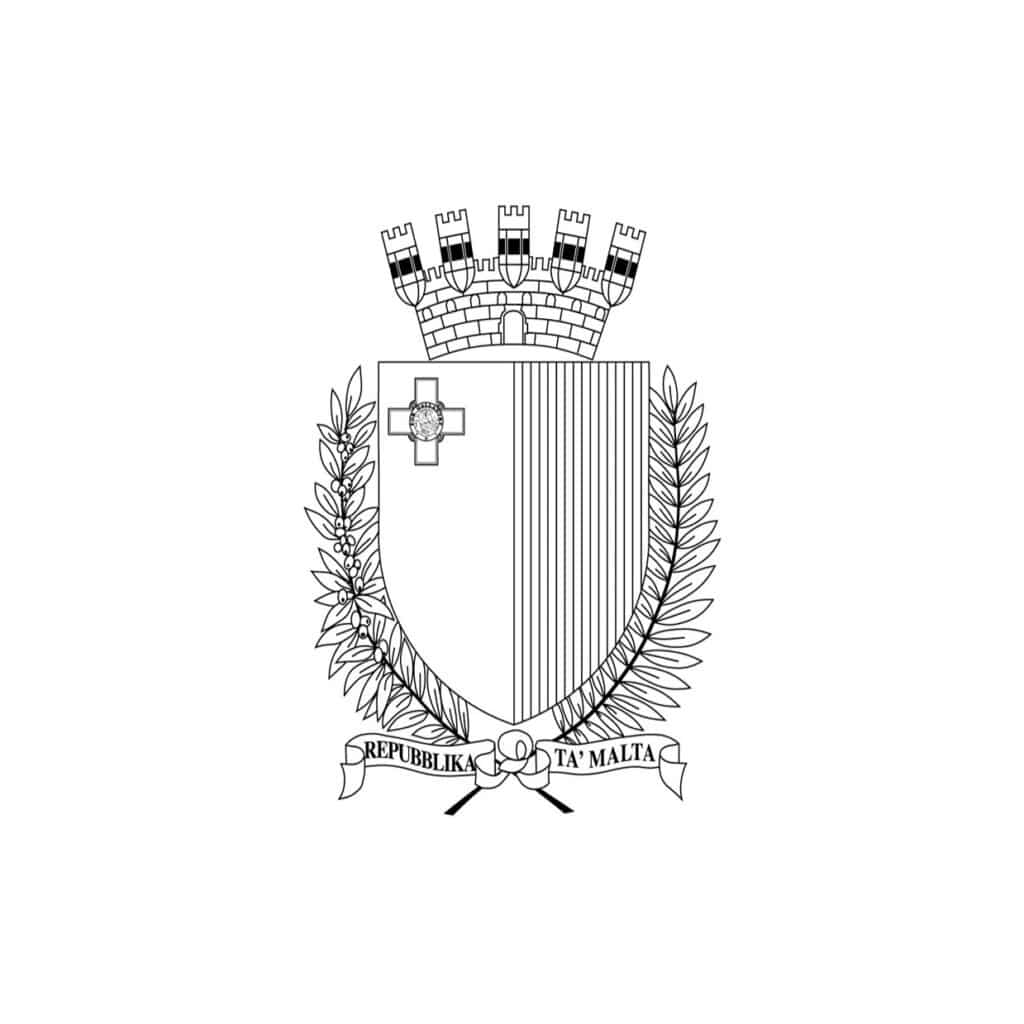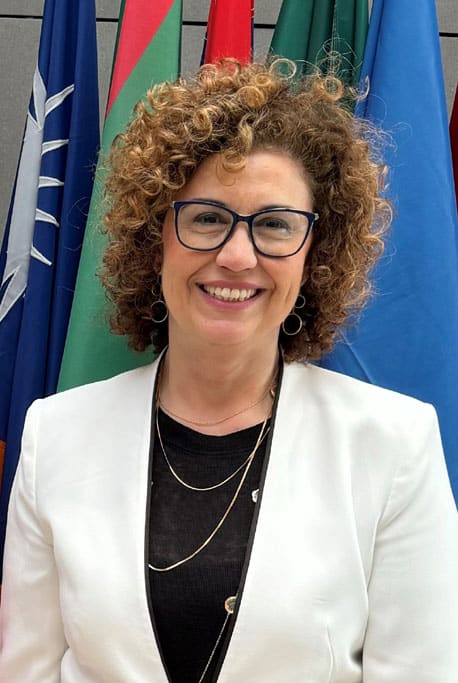

Sonya Sammut
Malta's Ambassador for Organic and Sustainable Food
Q: What inspired you to advocate for organic farming in Malta, and what unique challenges do the Islands face in this sector?
A: The realities of a densely populated, semi-arid island state with small farms, fragmented parcels and an ageing agricultural workforce, present some very unique challenges for the agricultural and food sector. Add to this our dependency on imports for around 70% for our food supply, lack of generational renewal, and aggressive market competition both intra-EU as well as globally, and one easily understands we are dealing with a complex system.
As a scientist in agriculture and entrepreneurship and as one who is always hungry for new ideas, I see organic farming – a well-known, and highly recognised certification system – as a solution to some of these challenges, and an opportunity for our farmers and our food products to compete better. This is the making of a trusted brand. This is how we turn our inherent limitations into advantages. This is what inspired me.
Q: How do you see organic farming contributing to Malta’s environmental sustainability and local economy in the coming years?
A: Organic farming is widely recognised as the best model we have at the moment of a truly sustainable food production system that ticks the boxes across all three pillars of sustainability – financial, social, and environmental. From an environmental point of view, it is based on four logical principles – the Principles of Health, Ecology, Fairness, and Care. All these principles translate into one: working with Earth not exploiting it, this is the meaning of sustainability.
On the other hand, if we want organic farming to feed the local economy, we need to produce food that matches the modern consumers’ demands. This means delivering products that not only satisfy those who are after food that is free from unwanted substances, those who are extra careful about what they eat and how it affects their health and fitness, locals or tourists, young, old, or suffering from a particular condition. We need to ensure that organic food is available, accessible, and affordable to all.
Q: What are some common misconceptions about organic farming that you often encounter, and how do you address them?
A: There are many, but allow me speak about two common misconceptions. One is the idea that because we have small fields, there is a risk that your neighbour’s pesticides might contaminate yours. While it is true that such incidents may happen, it is highly unlikely that other farmers will be spraying pesticides on a windy day knowing that they are throwing money down the drain. Another misconception is the idea that in organic farming, all you need to do is either stop using pesticides or simply switch from one list of pesticides to another – the so-called organic pesticides. Organic farming is much more than that.
It is about creating a favourable ecosystem that benefits everyone. It is about replacing the artificial with what nature gave us. For example, beneficial plants or insects can be deployed on parasitises to repel unwanted weeds or insects, and certain plants can be pruned or eliminated because they would be harbouring dormant insects, but there are many more examples.
Q: What role do you envision for policymakers in supporting the organic farming movement, and what specific changes would you like to see?
A: Our job as policymakers is twofold – we must ensure that things continue to function normally, and we must act as agents of change, bringing progress where needed. We do this by using all the tools we have at hand – legislation, policies, action programmes, etc. – to create what I like to call a favourable ecosystem around all the actors of the organic food chain, from the producer to the consumer including all business operators. We are not here to lecture, but to listen, learn from the conversations, and use our position to support, influence, and empower our organic food heroes.
At the risk of sounding cliché, what I would like to see is more resources, both in terms of human capital as well as financial. In a world where short termism is glorified, sustainability might be seen as an abstract concept, but the reality is that sustainability is what makes the long term possible in everything we do
Share this article
Facebook
Twitter
LinkedIn


Ministry for Agriculture, Fisheries, Food and Animal Rights
- 22924927
- sonya.sammut@gov.mt
- Website

